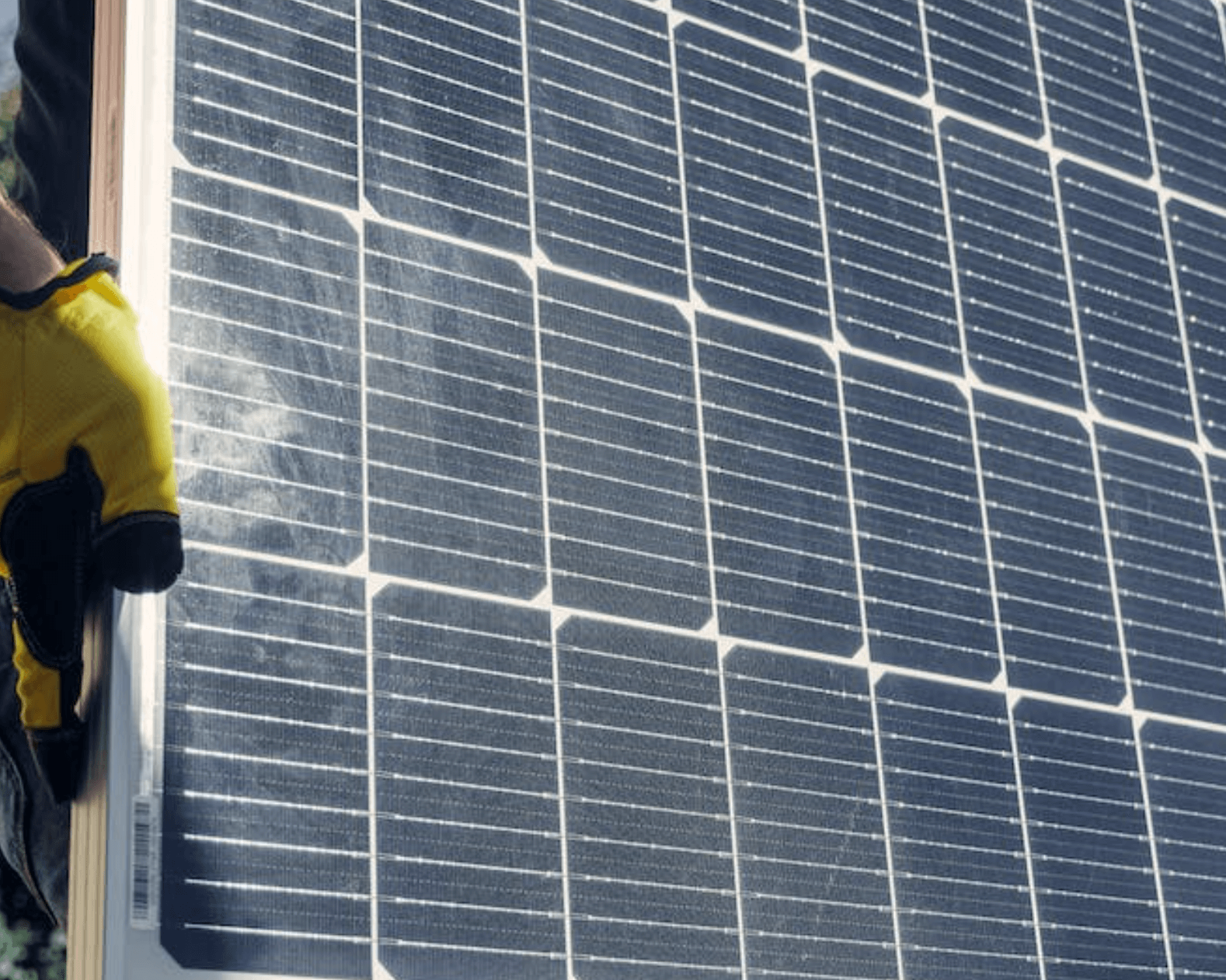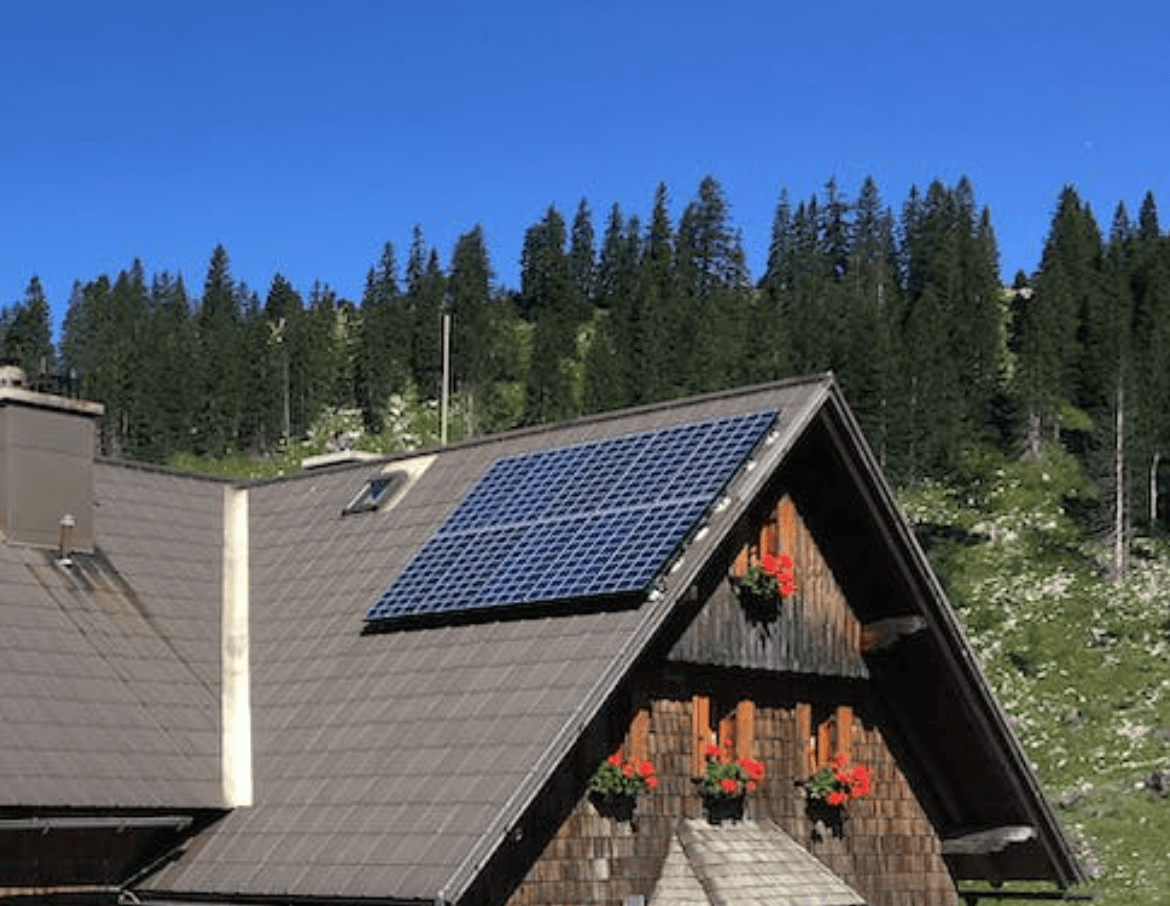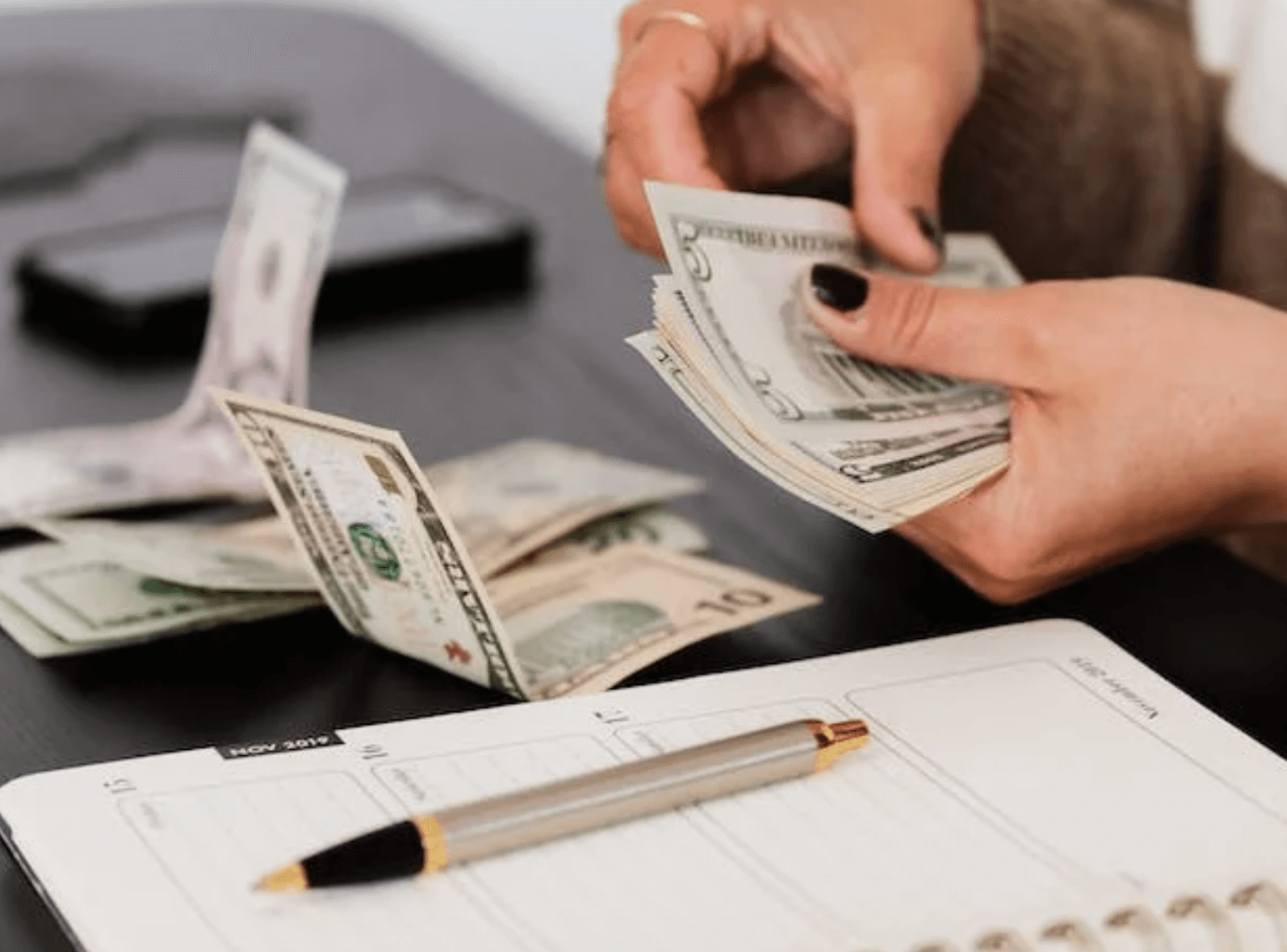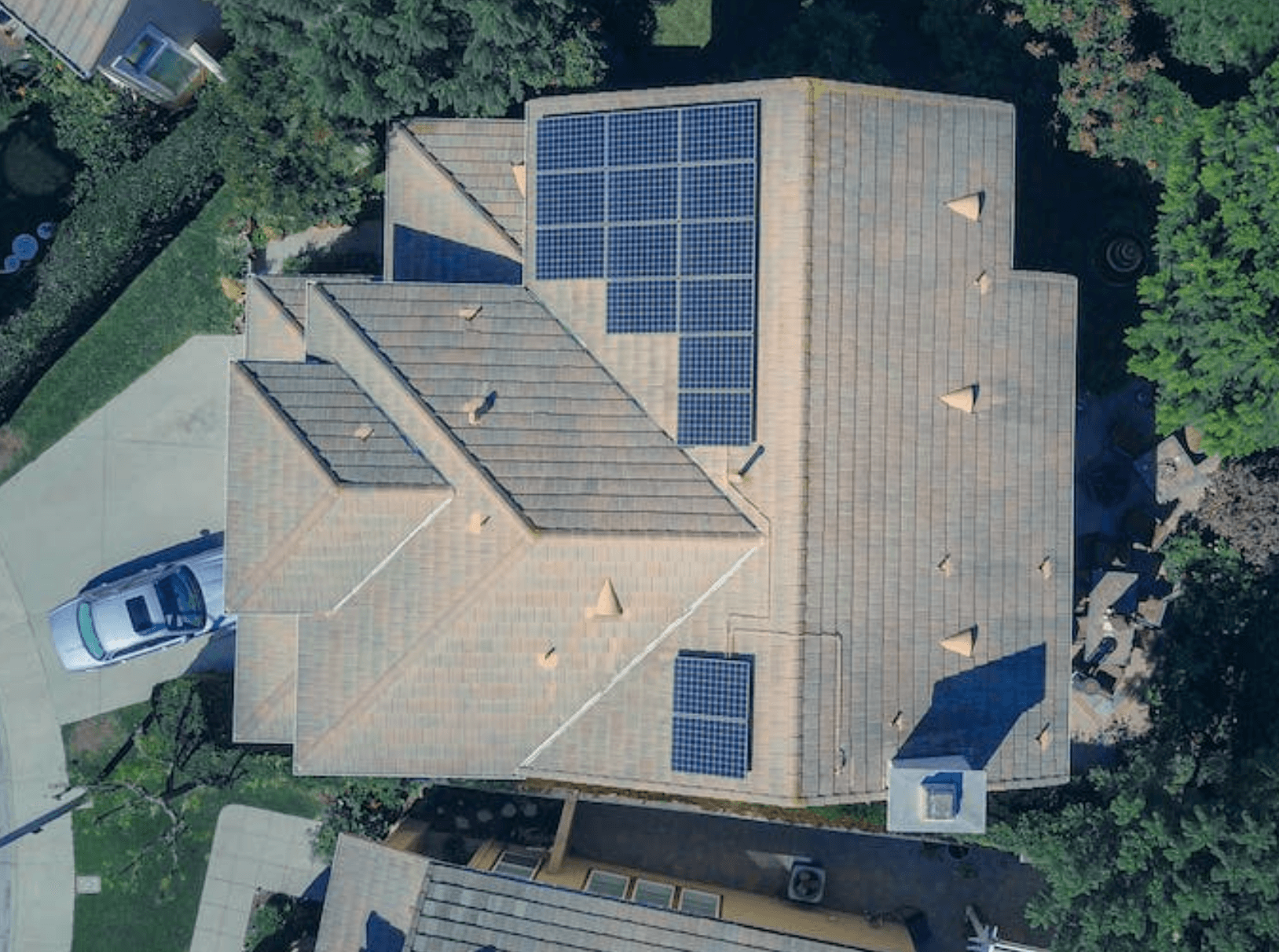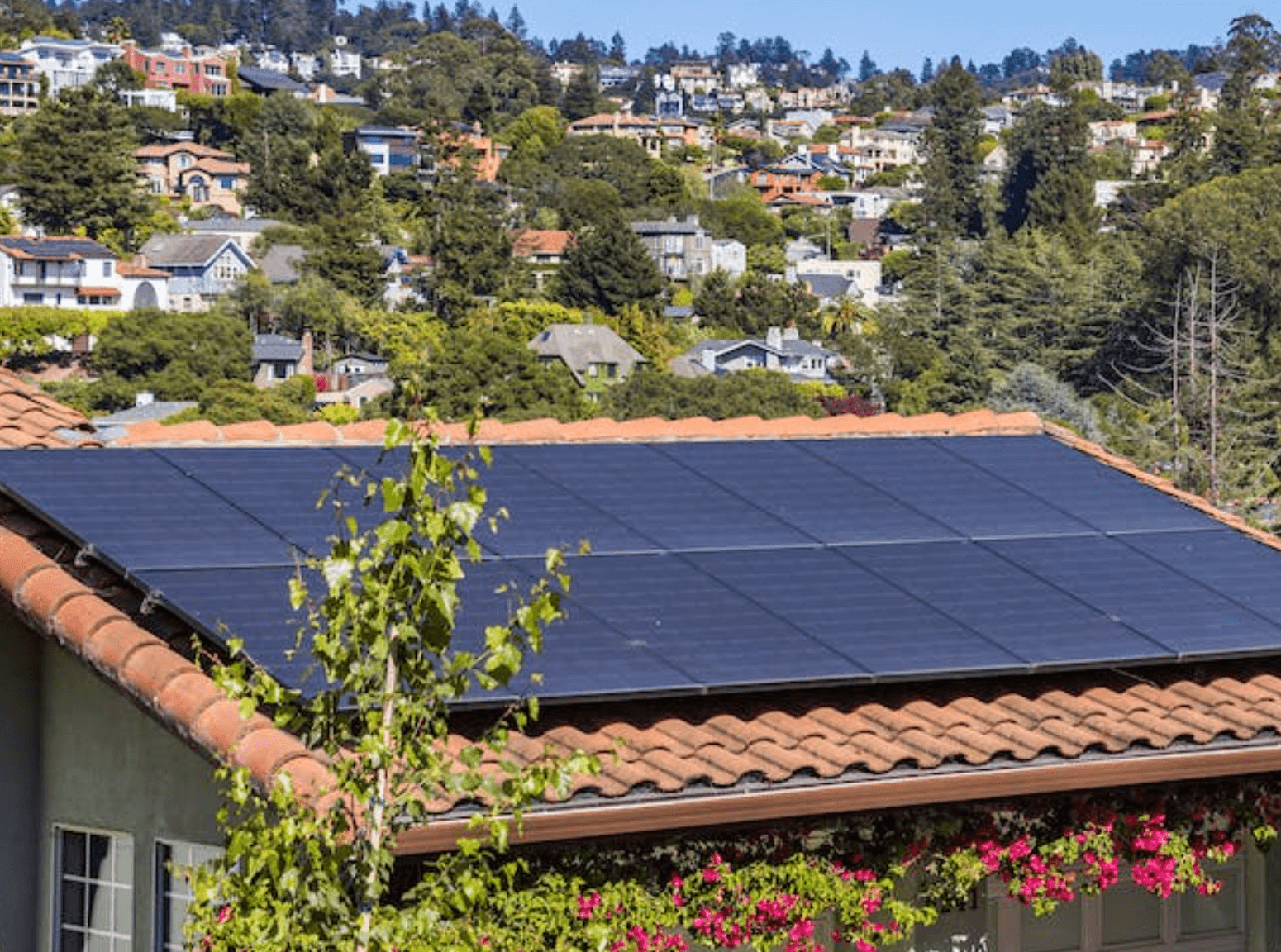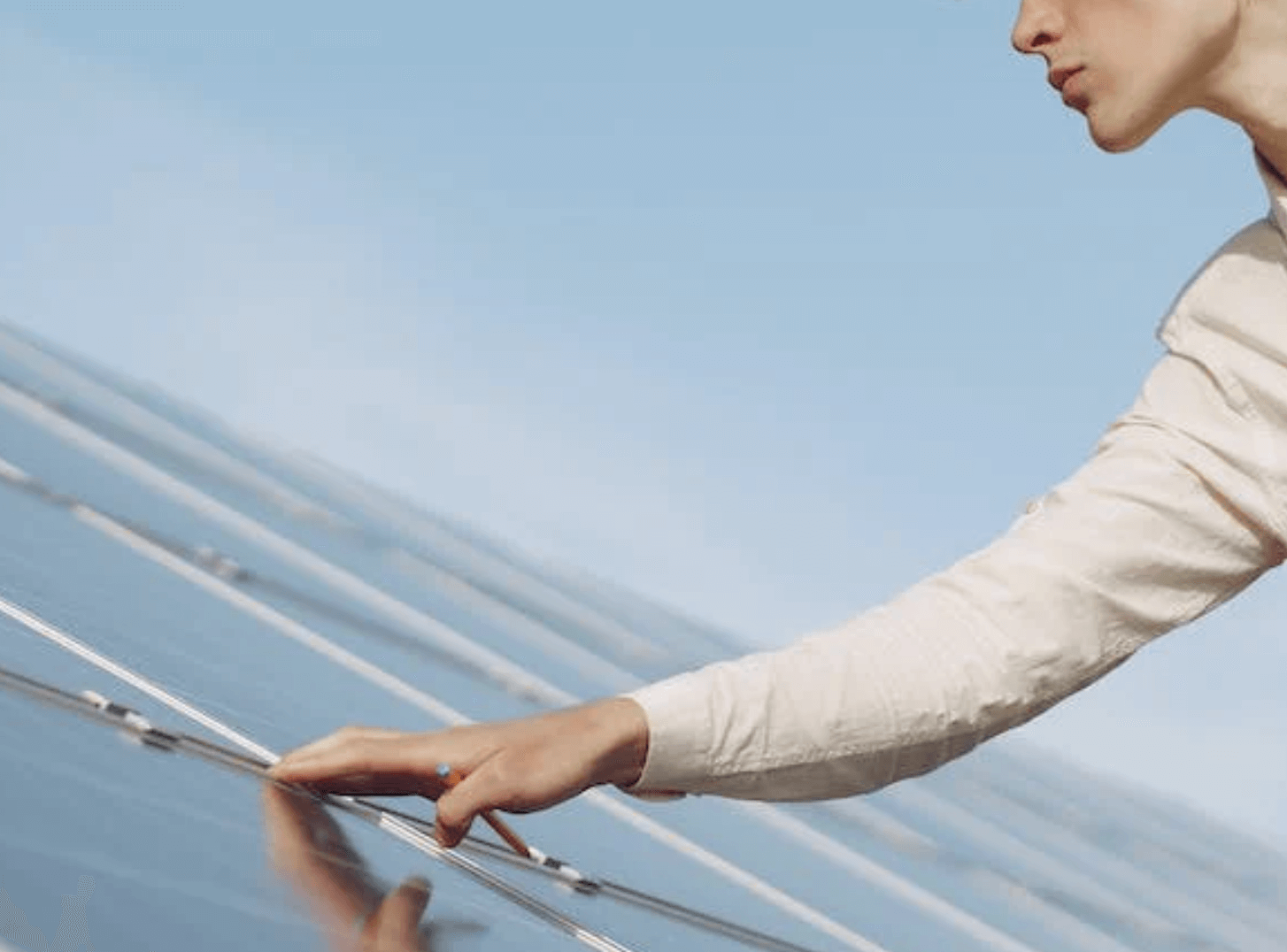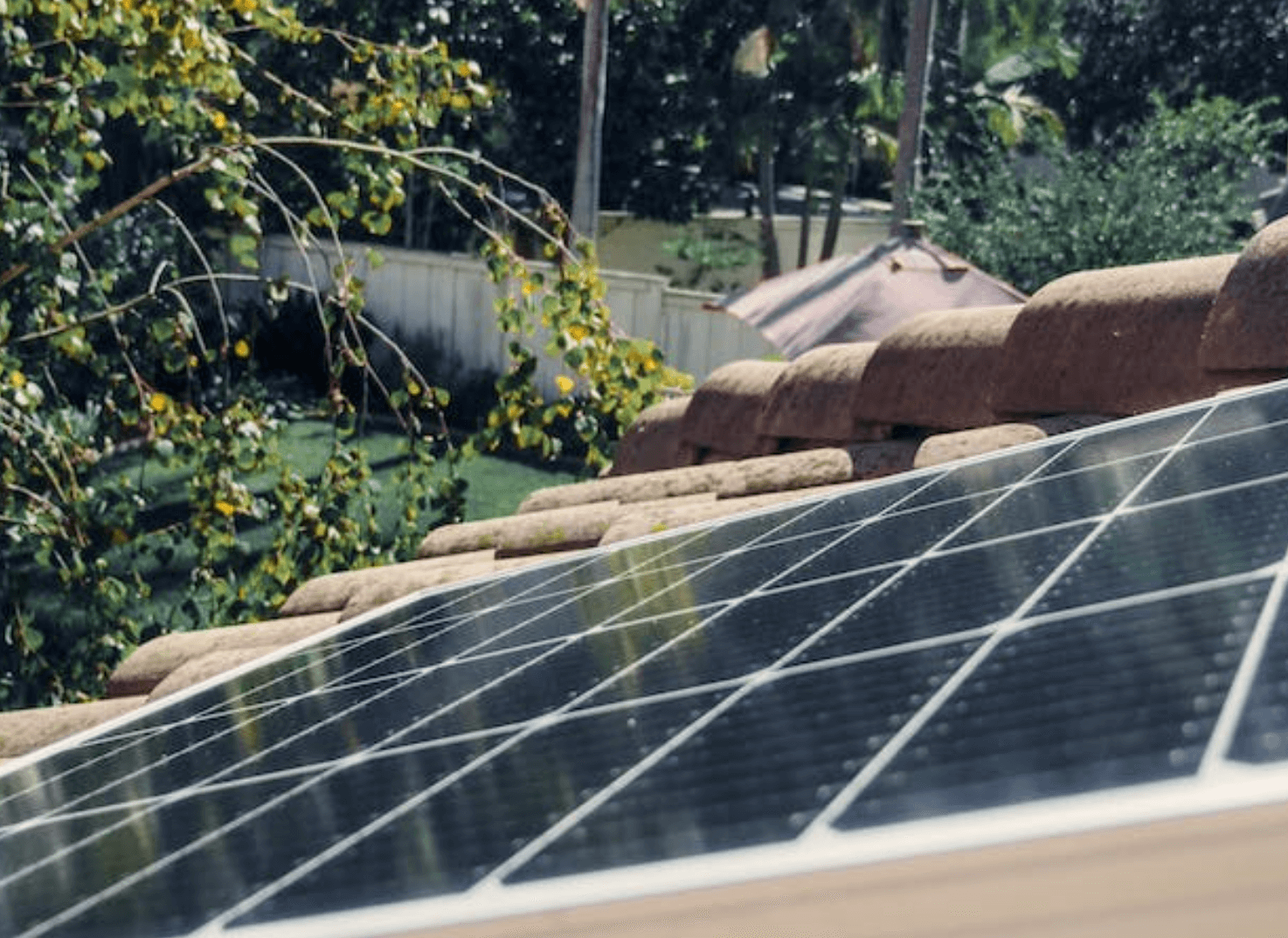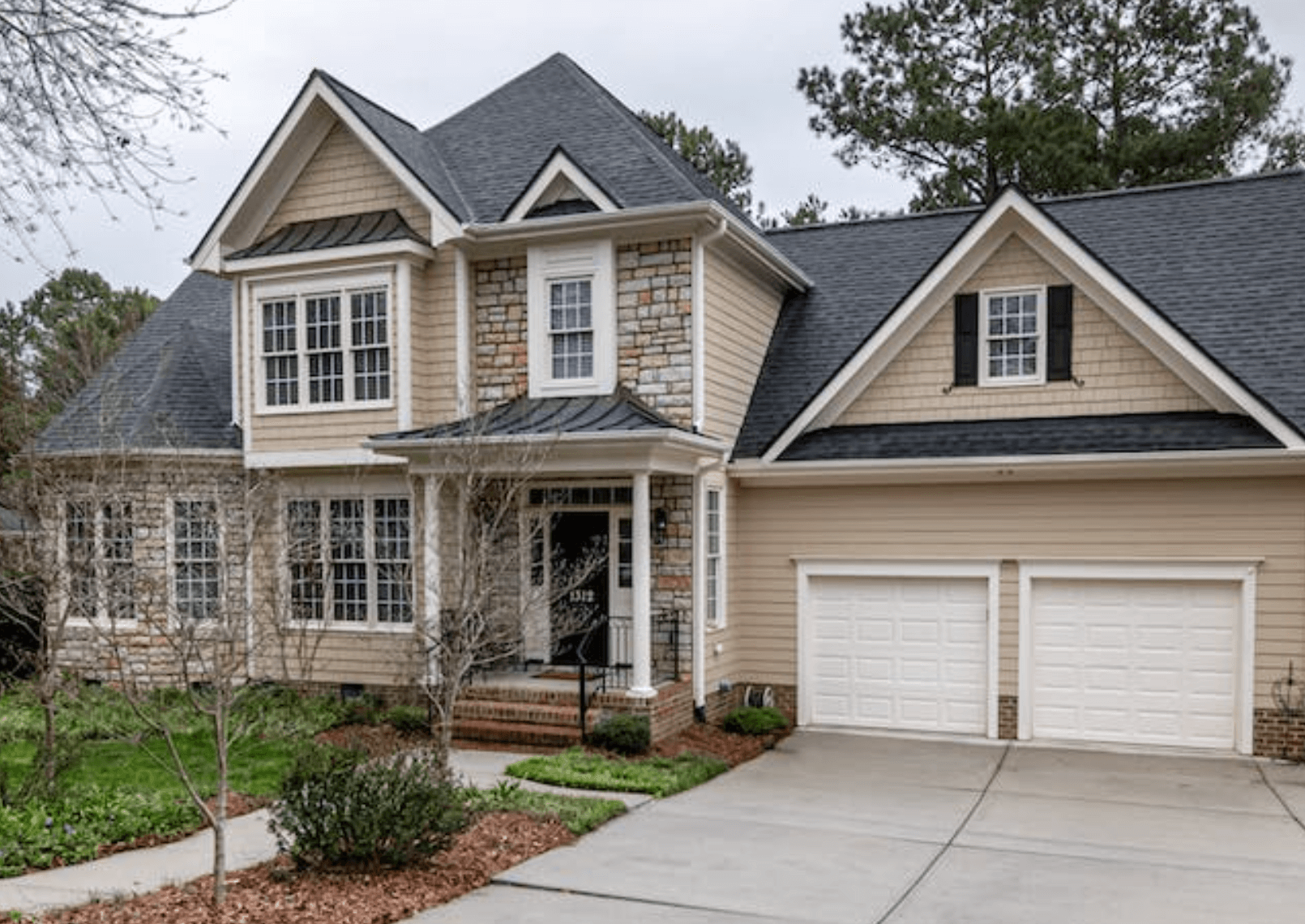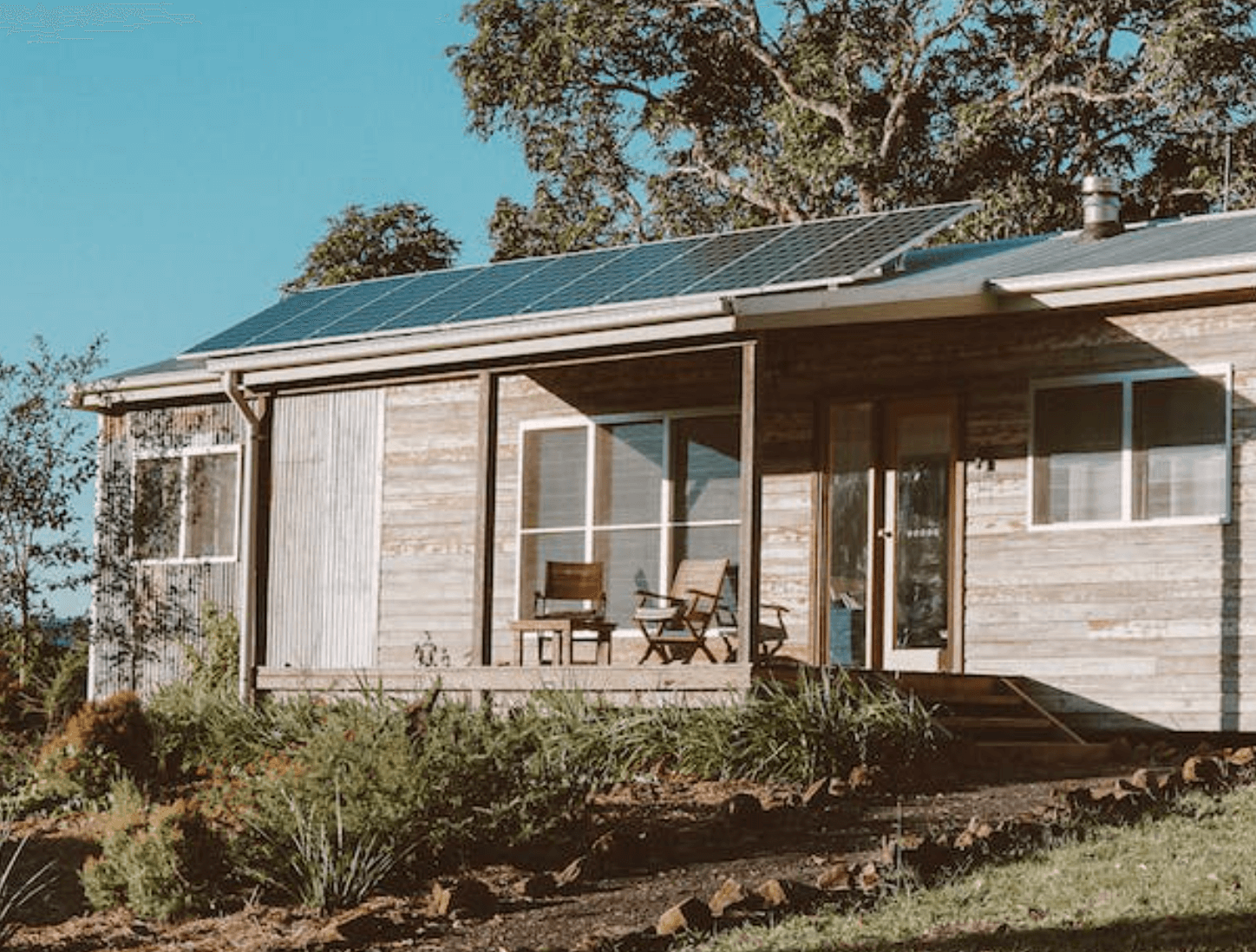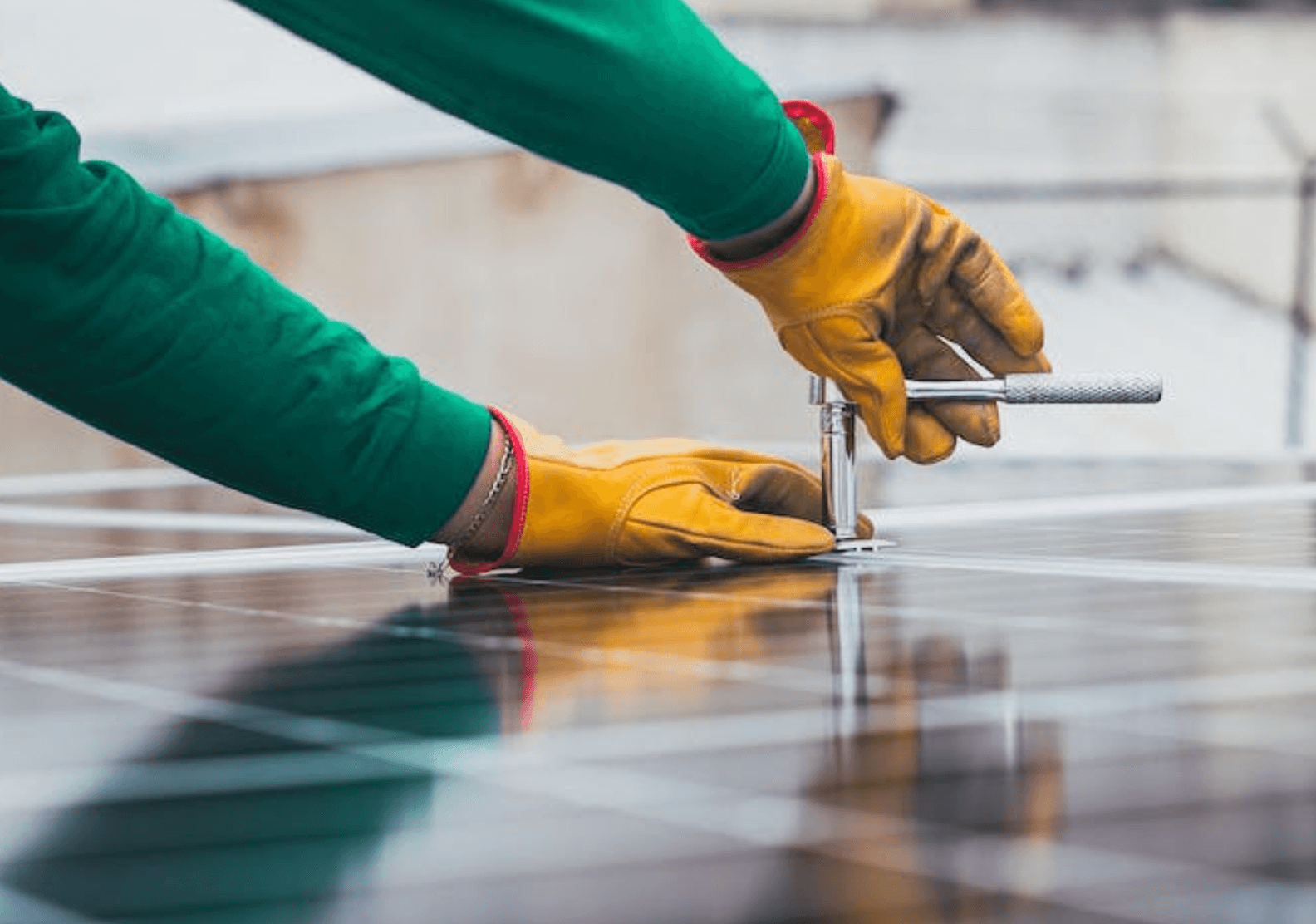Can I Get Even More From My Residential Solar Panels?
When purchasing a solar panel system for your home, it is important to understand approximately how much electricity your home uses, so your installer can design a system that can meet whatever your expectations are. But it’s also important to know that every residential solar customer is different, and that not everyone wants a solar system that can provide 100% of their daily energy needs.
In fact, it’s not uncommon for some solar customers to have smaller systems installed to help them save money on their energy bills, but not replace their grid-delivered energy completely. As is often the case, however, these customers can wind up regretting their decisions once they discover the value and reliability of solar energy. And it is for this reason that so many former customers contact their solar installers to inquire about expanding their solar panel systems.
If you recently had solar panels installed on your home but now you’re wishing you had a larger system installed, here’s everything you need to know about expanding your system. more “Is It Possible to Expand My Residential Solar Panel System? “ …

